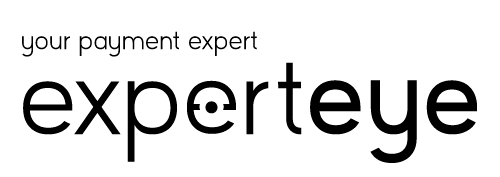No! Not from the start of 2018.
The EU Payment Service Directive 2 (PSD2) is from 2015 and applies in principle already, but must be implemented in national law in all EU member states by 13th of January 2018. Therefore, it will not be allowed to surcharge, ie. add the card fee you as a merchant spays to accept the card to your customers “bill”. This is for “standard four party scheme cards” that are regulated under “Interchange fee regulation*”, which means ordinary cards such as Visa, MasterCard and Dankort, regardless of whether they are debit or credit cards – it will still be allowed to surcharge a company card.
The purpose of this change is to harmonize EU Member States’ surcharging policies – in other words, ensure things are fair, transparent and even across the EU, when it comes to this area.
* Interchange fee regulation is basically a ceiling over how high the fee can be that the acquirer (for example Teller, Bambora og Swedbank) pays to the issuing bank (for example Danske Bank) and is therefore part of the final pricing, which the merchant pays to accept the card.
What effect does it have and what can I – as a webshop – do?
An expected and logical effect is of course that, as a webshop, you will become more selective when it comes to choosing which payment forms your webshop offer your customers. Probably the cheaper payment forms will be preferred and some of the expensive ones dropped all together. In Denmark, Dankort is an excellent and – in most cases – cheapest payment option, with a fixed price of 1.39 DKK for transactions over 100 kroner. The change could mean that many will choose not to accept Visa and MasterCard and only accept Dankort (including Visa/Dankort). But Dankort cannot be used if you sell abroad – or if you have many young customers who typically have debit cards or if you sell travel or other items, people typically want to pay with a credit card.
Of course, it is possible to increase your administration fee (or introduce one) or you can raise the prices of your product or services. No matter what you choose, this is a very good time to check if you pay too much for your payment solution and if there is somewhere else you can save. Especially if the price of your goods cannot just be increased or you will lose customers, if you introduce an admin fee. Saving somewhere else might mean you will end up +/- 0, after the change.
What about the other EU countries?
Today, approx. 50% of all EU countries already have a rule against surcharging and for them, the change will not be of major importance. If any, this will mean that the country’s inhabitants will not experience an extra fee when shopping on a non-domestic website, but I believe this has always been a competition parameter which means it is unlikely in either case as that would put the “foreign” shop at a disadvantage compare with a local webshop.
The UK have chosen the most radical implementation (so far) and have announced that they are planning to go further than the PDS2 Directive dictates and implements a ban on surcharging all card payment methods. With headlines like “The government has announced that “rip-off” card surcharges will be banned from January 2018″ it seems like a popular change. And since it becomes law before UK leaves the EU, then leaving will not have mean any automatic changes.
The legal part
DIRECTIVE (EU) 2015/2366 OF THE EUROPEAN PARLIAMENT AND OF THE COUNCIL of 25 November 2015 on payment services in the internal market (66) states:
“Consequently, Member States should consider preventing payees from requesting charges for the use of payment instruments for which the interchange fees are regulated in Chapter II of Regulation (EU) 2015/751.”
In Denmark, the Danish parliament has confirmed a new Law on Payments on 8/6-2017, where this is implemented in § 121. section 3. I will not attempt to Translate a Danish Law text, but you can see the original text here: https://www.retsinformation.dk/Forms/R0710.aspx?id=191823
The law is passed and is valid from 1st of January 2018. In other words, from the first day of the new year, it will no longer be possible to surcharge a private person.

